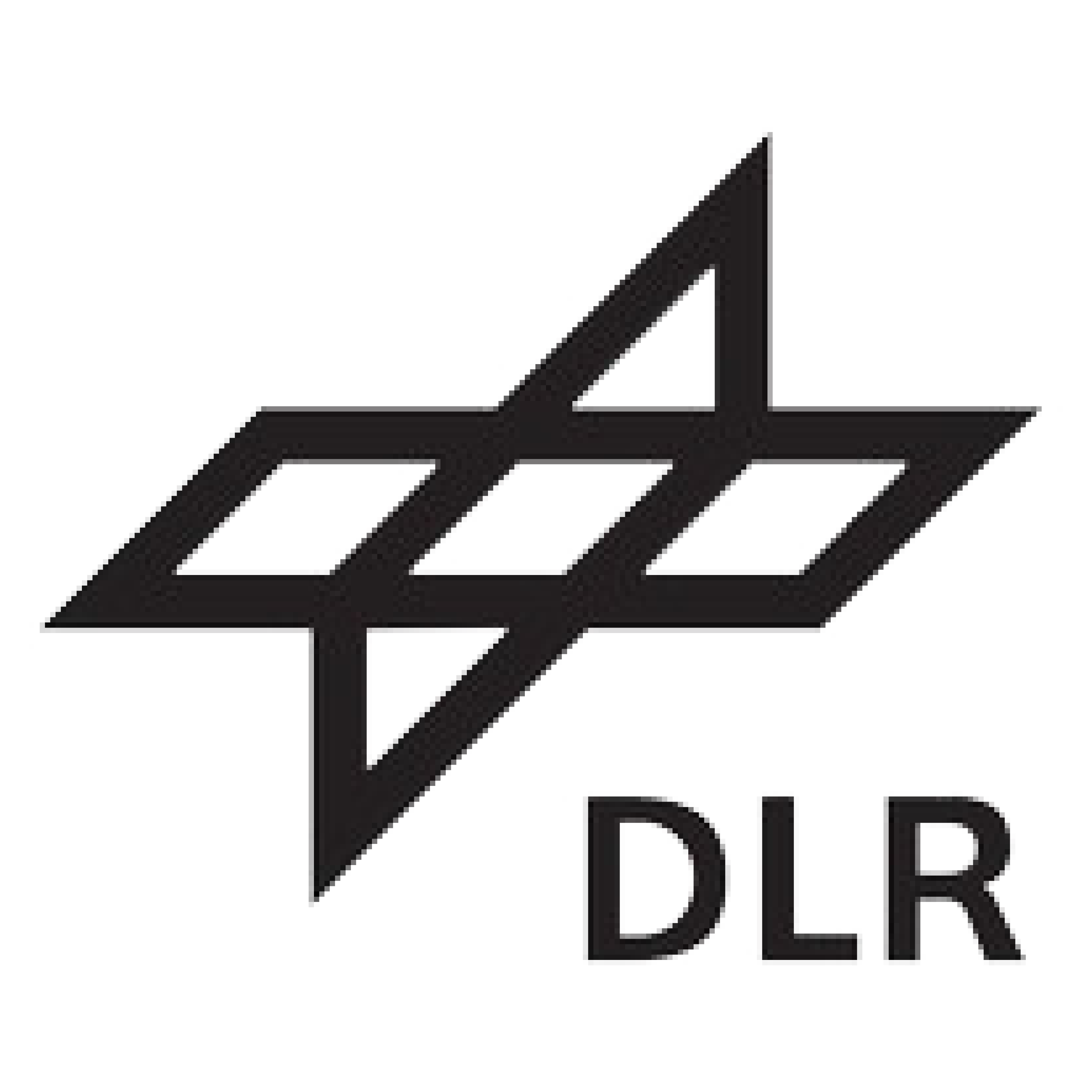
KoAP: Cognitive Automation in the Practice
Cognitive Automation in the Practice
The manufacturing industry is increasingly faced with new challenges: on one side, the rapid changes of consumer demands, the rising prices of natural resources, especially of energy require the manufacturing industry to produce more customized products with an efficient use of resources. On the other side, the production systems have been becoming smarter, yet more complex. This development is necessary from a production point of view, but overstrains capabilities of most users and poses a serious challenges for sustainably enhancing the flexibility and efficiency of production systems. In particular, small- and medium-sized enterprises (SME), unlike large enterprises, cannot afford the necessary resources to benefit from these new technologies.
The main objective of CoAP is to develop a cognitive architecture for the industrial automation, which hides the inherent complexity of production systems from users and provides services to support the users in terms of self-diagnosis (i.e. condition monitoring (CM), predictive maintenance). The existing algorithms for the CM of production systems will be investigated regarding their applicability. Furthermore, a standard mechanism for the self-description of components in the production systems will be developed. Each component in a production system will be described in a standard form. Based on these descriptions (key word: semantic information), the self-diagnosis algorithms can be reconfigured more easily according to different production systems by users. The implementation of this cognitive architecture should be an intelligent assistance system, in which the assistance functions are available as smart services in cloud to support users in reducing the unplanted system downtime and in detecting sub-optimized energy consumption. The basis of CoAP is the industrial use cases. Hence, the results of this project will be evaluated in a real production environment either provided by industrial partners or the SmartFactoryOWL.


